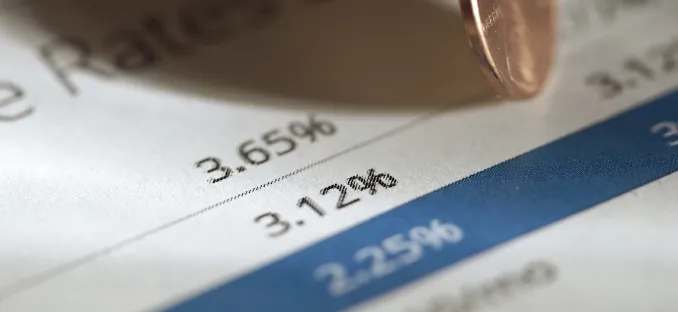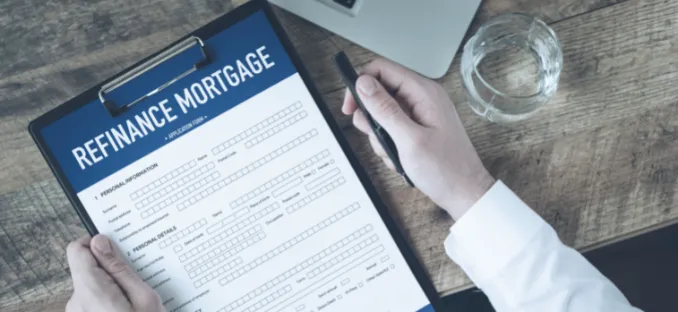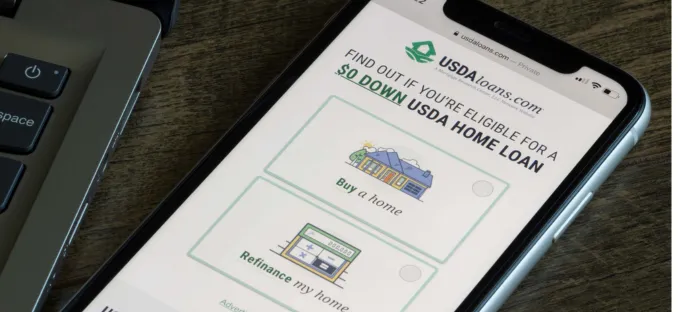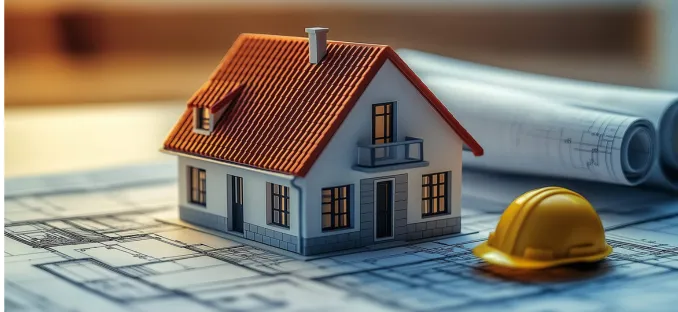
Loan
Programs
Loan Programs
Valle's Peak Mortgage
We recognize that each borrower’s situation is unique, which is why we offer an array of loan programs tailored to your financial circumstances and homeownership goals. From conventional mortgages to FHA, VA, USDA, and jumbo options, we ensure there’s a perfect fit for you. Whether you’re a first-time buyer, refinancing, or pursuing investment properties, our team will guide you to the right program with competitive rates and terms. Trust us to help you secure the ideal loan and make your dream home a reality.
Conventional Loans

Conventional loans are mortgages not insured or guaranteed by government agencies, making them distinct from FHA or VA options. They adhere to guidelines set by Fannie Mae and Freddie Mac, which typically require higher credit scores and moderate debt-to-income ratios. While this can mean stricter qualification criteria, borrowers often enjoy lower fees and greater flexibility. Conventional loans also come with a variety of down payment choices, making them appealing to buyers with strong credit seeking to avoid extra insurance costs.
Adjustable Rate Mortgages (ARM)

Adjustable-Rate Mortgages (ARMs) start with a set interest rate for a specific term, often three to ten years, and then adjust periodically based on market conditions. This can result in lower initial monthly payments compared to fixed-rate loans, which may help borrowers who expect to sell or refinance within a few years. However, payments can rise if interest rates increase, making ARMs less predictable over the long term. Properly understanding these adjustments is essential when considering an ARM.
Construction Loans

Construction loans provide short-term financing to cover the costs of building a new home or making major renovations. These loans typically offer funds in stages as construction progresses, ensuring that money is available when needed. Borrowers receive funds based on project milestones, and once the build is complete, the loan may convert into a permanent mortgage. Construction loans often require detailed plans and cost estimates, making them ideal for borrowers planning new builds or extensive upgrades with careful planning.
Home Equity Loans

Home Equity Loans allow homeowners to borrow against the value they’ve built up in their property. These loans provide a lump sum at a fixed interest rate and repayment schedule, making it easier to plan monthly payments. The amount you can borrow is based on the difference between your home's current market value and the remaining balance on your mortgage. This option is often used for significant expenses like home improvements, debt consolidation, or unexpected costs. It offers a straightforward way to leverage your home equity without selling the property, giving you access to additional funds when needed.
Jumbo Loans

Jumbo Loans are designed for financing properties that exceed the conventional conforming loan limits set by Fannie Mae and Freddie Mac. Because these loans cover higher-priced homes, they typically require a stronger credit profile, larger down payments, and more rigorous documentation to verify income and assets. With less government oversight, lenders assess these loans with a higher degree of scrutiny, often resulting in slightly higher interest rates compared to standard conventional loans. Jumbo Loans offer buyers the flexibility to purchase luxury properties or homes in competitive high-cost markets, while also providing the necessary funds for unique real estate opportunities that don’t fit within conforming guidelines. This loan option is ideal for borrowers who qualify and are looking to invest in premium properties.
Refinance Mortgage Loans

Refinance Mortgage Loans allow homeowners to replace an existing mortgage with a new loan that offers more favorable terms. This process can lower interest rates, reduce monthly payments, or adjust the loan duration to better align with financial goals. Many borrowers opt for refinancing to switch from an adjustable-rate mortgage to a fixed-rate option for increased stability. Additionally, a cash-out refinance provides an opportunity to access home equity, which can be used for major expenses like renovations or debt consolidation. By evaluating current market conditions and personal finances, refinancing helps homeowners manage their mortgage more effectively and work toward improved long-term financial health.
FHA Mortgage Loans

FHA Loans are government-backed mortgages insured by the Federal Housing Administration, designed to make homeownership more accessible. They offer flexible credit requirements and low down payment options, which can be especially appealing to first-time buyers or those with limited funds. FHA loans provide competitive interest rates and come with both fixed and adjustable rate options, allowing borrowers to choose a plan that best fits their financial situation. Although they require mortgage insurance premiums to protect lenders in case of default, these premiums are balanced by the easier qualification standards. Overall, FHA Loans offer a practical solution for individuals seeking to purchase or refinance a home, helping them overcome common financial barriers and step onto the property ladder with confidence.
Reverse Mortgage Loans

Reverse Mortgage Loans are designed for homeowners aged 62 and older to convert a portion of their home equity into cash without having to sell the property. Instead of monthly payments, these loans provide funds through a lump sum, monthly installments, or a line of credit while the borrower continues to live in the home. The loan balance increases over time and is repaid only when the homeowner sells, moves out permanently, or passes away. This option can be especially useful for seniors looking to supplement retirement income, cover healthcare expenses, or finance home improvements. Overall, reverse mortgages offer a way to tap into accumulated equity, providing financial flexibility and stability during retirement.
VA Mortgage Loans

VA Loans are backed by the U.S. Department of Veterans Affairs and are designed specifically for eligible veterans, active-duty service members, and some surviving spouses. These loans typically require no down payment and offer competitive interest rates, helping borrowers avoid the additional cost of private mortgage insurance. The government guarantee reduces the risk for lenders, which can translate into more favorable terms and lower closing costs. Overall, VA Loans provide a valuable opportunity for military families to secure affordable homeownership, rewarding their service with financial benefits and stability.
Self-Employed Borrowers

Self-employed borrowers often have unique income profiles that require a different approach during the mortgage application process. Lenders understand that traditional income documentation, like W-2s, may not fully capture the financial picture of someone who is self-employed. Instead, these borrowers may need to provide additional records such as bank statements, profit-and-loss statements, or alternative documentation to verify their earnings. Specialized mortgage programs are designed to evaluate the overall financial health and business performance rather than just relying on conventional income proofs. This flexibility helps self-employed individuals secure competitive loan terms, enabling them to purchase or refinance their homes with confidence despite having a less traditional income stream.
USDA Loans

USDA Loans are designed to help borrowers in rural and suburban areas purchase homes with low to moderate incomes. They offer competitive interest rates and often require little or no down payment, making homeownership more accessible. These government-backed loans focus on long-term affordability by setting income limits and ensuring that properties meet specific location criteria. USDA Loans provide flexible credit guidelines and streamlined documentation, which can simplify the process for qualified buyers. This program is ideal for families looking to settle in communities with growth potential and a strong sense of local development. Overall, USDA Loans serve as a reliable and supportive financing option, bridging the gap for many who might otherwise struggle with conventional mortgage requirements.
Renovation Loans

Renovation Loans provide financing that covers both the purchase of a property and the cost of its repairs or improvements. Borrowers can combine funds for buying a home with those needed to upgrade or modernize it, streamlining the process for fixer-uppers. These loans typically require detailed project plans and cost estimates to ensure that the planned renovations add value to the property. By bundling renovation expenses with the mortgage, borrowers avoid the hassle of managing multiple loans and can transform a home into a move-in ready space tailored to their needs.
© Copyright 2022. Valle's Peak Mortgage. All rights reserved.